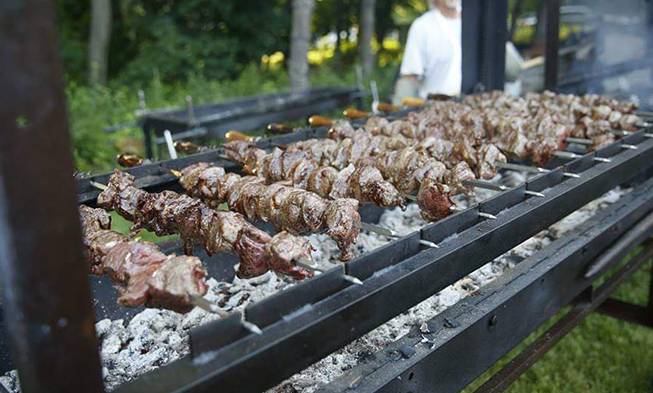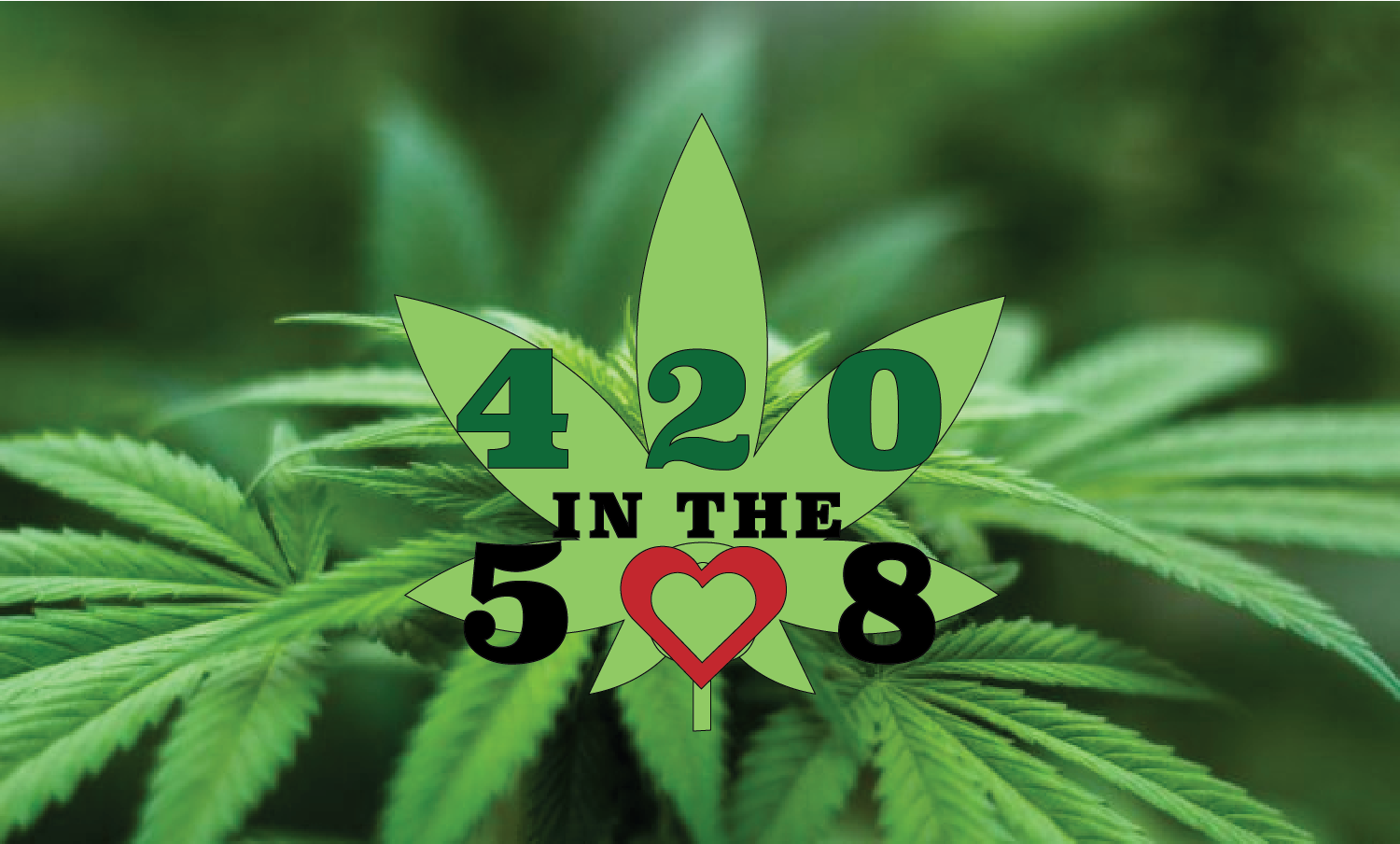
Suzanne Karioki
Here is a picture of a bustling crowd moving through a city almost identical to any other around the world; in the background are the classic skyscrapers, piercing the gray but clear sky; there are buses, a tram, slim city bikes. There are no smartphones here, but plenty of sullen-faced city dwellers in large coats with outdated shoulder pads, and dressed in other forgotten fashions. This is modern North Korea; but looking at its capital, Pyongyang, I’m told that it is a perfect replica of Albania at the height of the Soviet Union.
Worcester — and the rest of Central Massachusetts — is home to thousands of Albanians, many of them recent immigrants after the collapse of the Soviet Union in the 90s. This relatively unknown community hosts one of the biggest events in the city of Worcester. This year’s Albanian Festival at St. Mary’s Orthodox Church expects to see over 10,000 guests from May 1 to June 2, with local vendors, traditional food and live entertainment every night.
“We want to honor the past while still looking forward,” explains Greg Steffon, festival co-chair. Steffon has been involved with the festival for decades, when the event was still growing from a small gathering to a weekend featuring international musicians. Steffon says that finding sponsors is one of the hardest parts of this massive undertaking, but the festival committee makes sure that the people who are generous enough to donate their services arrive in a space that’s incredibly welcoming. King Arthur’s Flour, one of their biggest sponsors, has told Steffon that they were shocked at how warm the reception was, especially compared to the hundreds of other events they have catered all over the country. It’s not “just an Albanian event,” Steffon says; it’s a weekend where the Albanian community seeks to build bridges, not walls. Without building that support, he says, the city wouldn’t be able to flourish the way it has over the years.
Franklin Zdruli, the festival’s other co-chair, immigrated to the U.S. just over a decade ago. His grandfather was already a U.S. citizen years before Zdruli ever arrived in North America. But Albania’s Communist government locked the country away from the rest of the world, cutting off thousands of migrants for decades. As Steffon and Zdruli explained Albania’s tumultuous history over the last century, the existence of St. Mary’s is especially remarkable. Zdruli mentioned that Albania was the first country in the world to declare Atheism as its national belief system at the extreme detriment of all other religions in the country at the time. Steffon’s great-aunt, for example, was evicted from her home for practicing religion. Even after 20 years since the collapse of communism in Eastern Europe, Zdruli still speaks of this time with the anger and frustration of someone who has seen his family suffer under an overzealous, authoritarian Communist regime. St Mary’s is far more than a church here; it is a solace and a symbol of people’s resilience.
The church itself is breathtaking: an oasis of gold, its hand-painted murals were completed by a single artist over the course of 10 years. Every wall is a devoted tribute of intricate, bold paintings which depict different Bible stories, from Jesus’ crucifixion to the ascension of Mary.
Another point of pride for the community are its Albanian business owners. The festival depends heavily on them — and hundreds of volunteers — for fundraising and support. One such prominent entrepreneur is Benson “Benny” Shqina, who won a lottery visa in 1998. Shqina and his wife struggled for years at first, despite both earning bachelor’s degrees back in Albania. Finding work was incredibly tough. Shqina spent several months making bread dough while his wife worked as a gas station attendant in order to make ends meet. Eventually, after a few years working at Columbia Tech, Shqina and his family moved to Worcester where he was finally able to combine his electrical engineering expertise with his entrepreneurial experience. He bought a warehouse and began MEM Connections, a business which assembles and tests complex machine parts for its clients. Today, Shqina leases the extra space in his warehouse to a very successful plumbing company and Greater Good Brewing. But when Shqina finally achieved his “American Dream,” he didn’t stop there; he continues to thrive as a manufacturer, employing 24 people, many of whom are other immigrants from countries all over the world.
This is what the Albanian Festival seeks to achieve as it grows: its organizers hope to pass on their success to future generations and keep new families in Worcester. The Albanian community is one that Steffon describes as part of the “mosaic of the city,” comprised of new immigrants and proud Americans with a rich heritage. Zdruli himself has settled roots here and is in it for the long haul: “This is our home,” he said.
With the festival rapidly growing every year, the Albanian community in Worcester has much to be proud of.
For more information about the event and how to get involved, visit albanianfestival.org.







